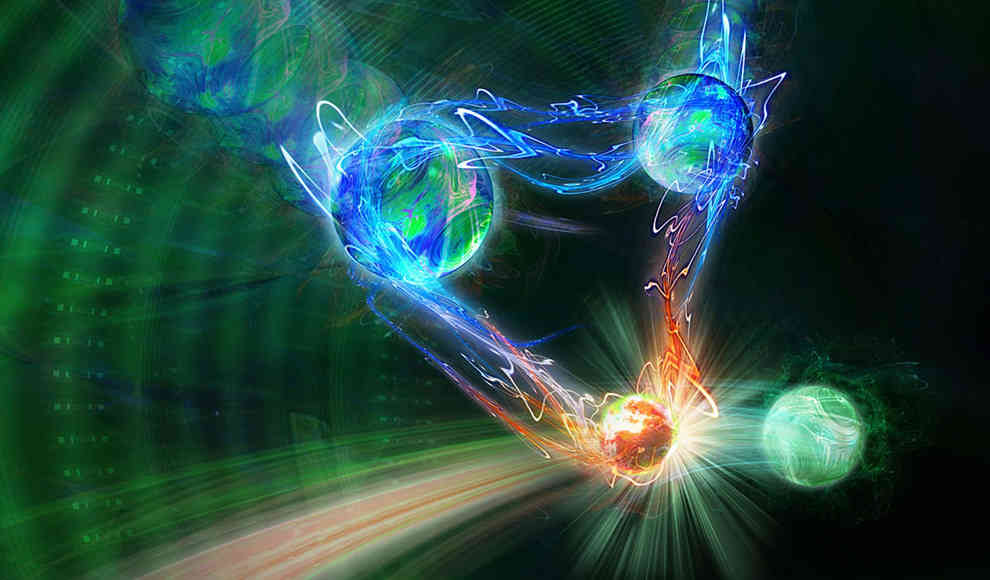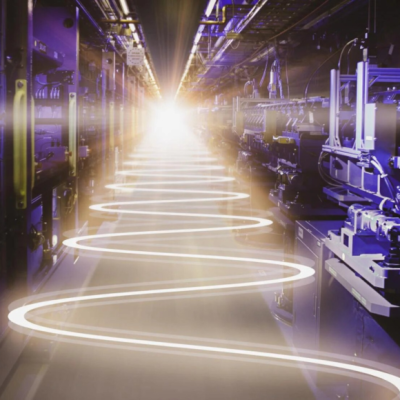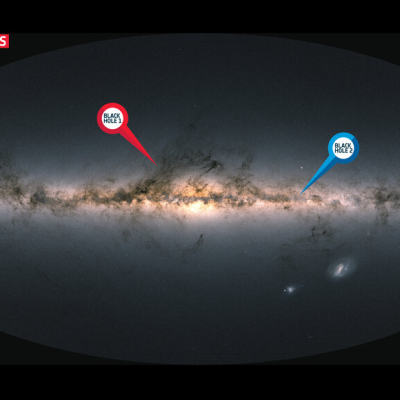Physicists from around the world have made a groundbreaking discovery at the Japanese particle accelerator, J-Parc. They have created a new and surprisingly stable form of matter using an exotic particle called an Anti-Kaon. The discovery is significant because it sheds light on the composition of the universe, which is still largely unknown to scientists. Physicists believe that only 17% of the universe’s mass is made up of baryonic matter, with the rest being dark matter and dark energy. By discovering new particles, scientists hope to gain a better understanding of the universe and its origins.
The physicists at J-Parc were able to replace a neutron in a Helium-3 isotope with an Anti-Kaon, creating a new and stable form of matter. This was achieved by firing high-energy Anti-Kaons at the isotope, causing the neutron to be ejected from the nucleus and replaced by the Anti-Kaon. The resulting atom was not only highly stable but also had a significant binding energy. The discovery is significant because it confirms a long-held theory that Anti-Kaons behave differently in a nucleus than other particles.
The physicists hope that their discovery will help to answer some of the universe’s most pressing questions. By understanding the composition of matter, scientists can gain a better understanding of the universe’s origins and evolution. The discovery of this new form of matter is a significant step forward in our understanding of the universe and its mysteries.







-400x400.jpg)


